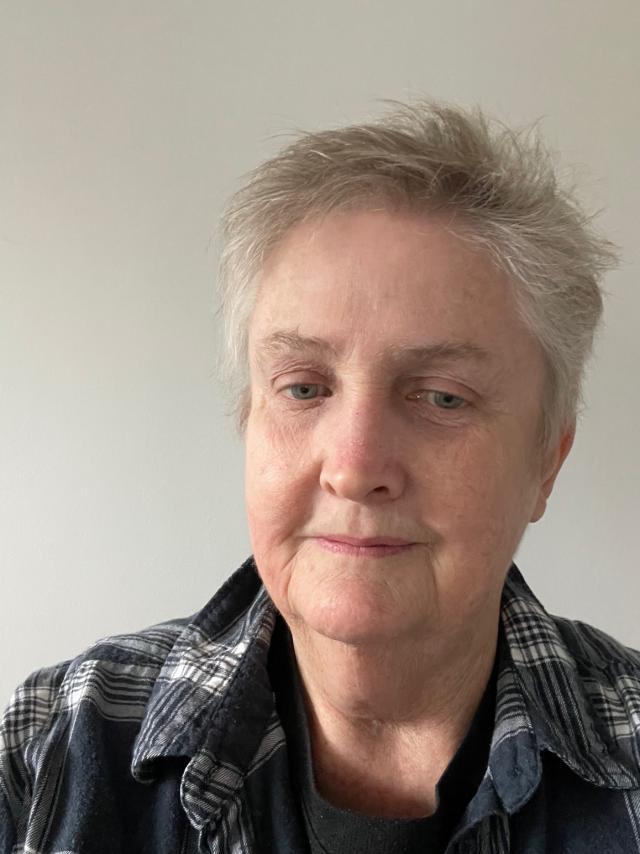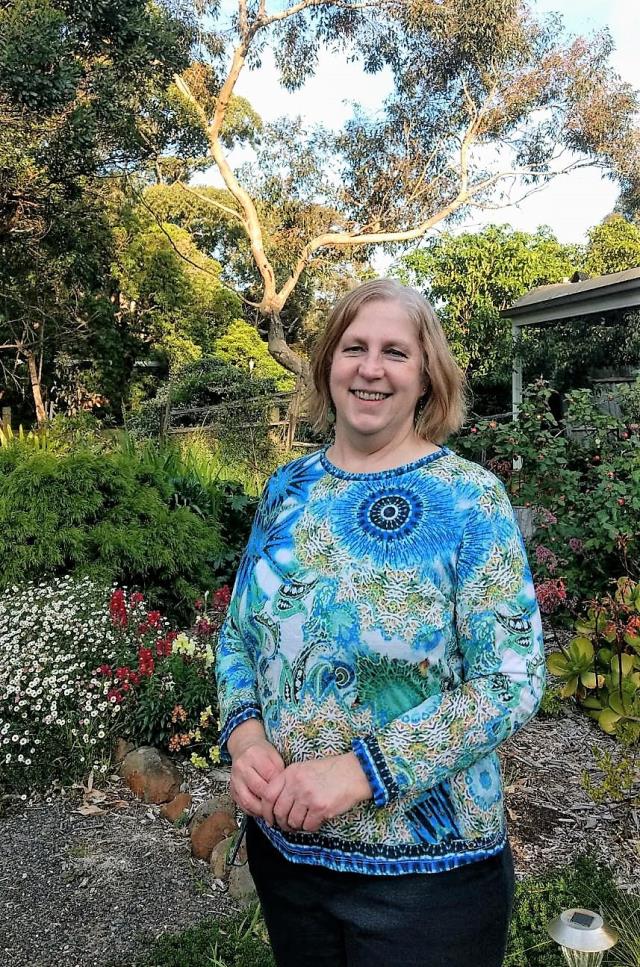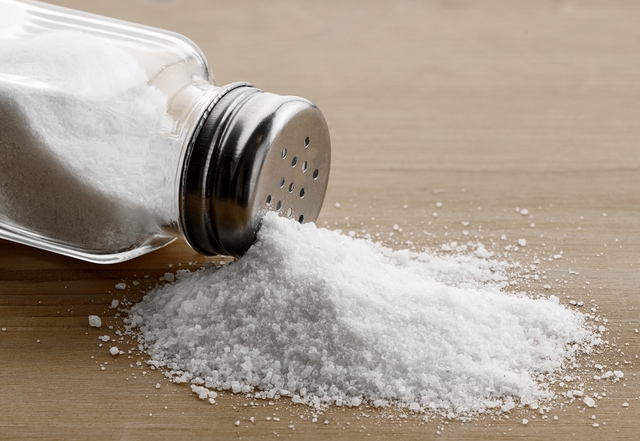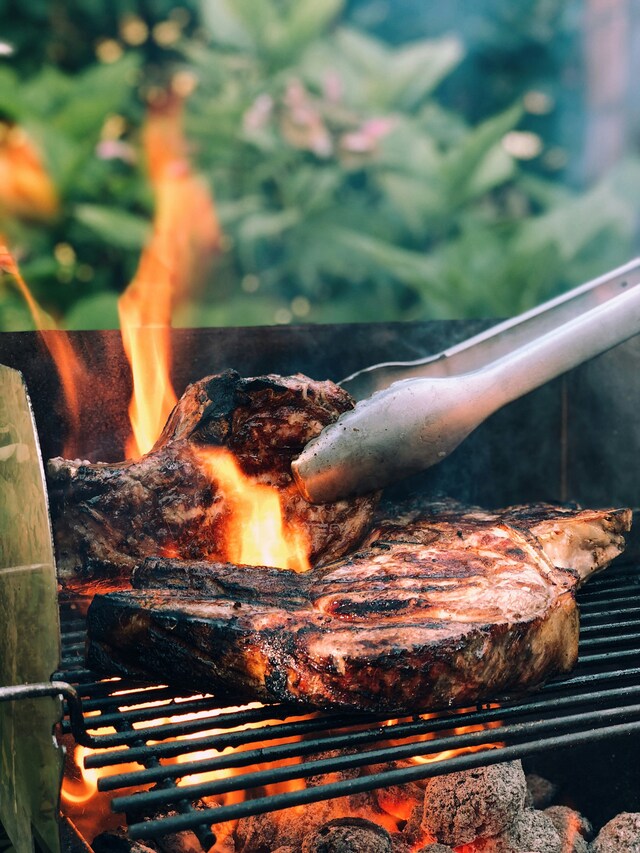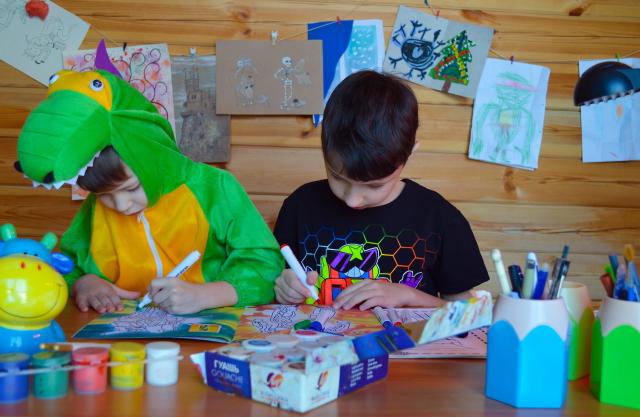There were 24 entries for topic four with a high standard of expression and a large number being discussed as possible winners of the Bellarine Writing Competition.
The judges couldn’t separate Helen Friee and Janet Campbell.
Notable mentions go to Ali Holborn, Jenny Macaulay, Terry Draper, Dennis Butler, Mark Towse and Wes Furyk.
Topic five is the last one for the year before the Final to be held during September/October. Simply write a story about the picture in the advertisement on this page.
“Helen Friee presented an 18th-century view of an historical character and light-heartedly commented about his love of alchemy and the views of his watchful female neighbour,” the judges said.
“The language is rich and tightly controlled.
“Janet Campbell presented a vivid description of a family celebrating a special occasion in a way that means much to them, especially Joe and his father, involving the reader in the experience.”
Janet Campbell
Janet lives on the northern Bellarine where she is a member of Portarlington Neighbourhood House Fiction and Haiku writing groups. She volunteers with Friends of Point Richards, has a productive vegie patch, regularly tries to play golf and enjoys the Bellarine’s beauty. Her eclectic paid-work experiences have included non-fiction writing and editing, and also provided lots of opportunity to see the funny and poignant side of human sagas.
Joe’s birthday by Janet Campbell
On Joe’s birthday we had a great morning playing cricket with the kids from over the road. He used his new bat, but he let us have a go – only on the grass. Then Joe, Tom, Frankie and I went out on the mudflats to check the pots we’d set with Dad the day before. Mary’s too young to handle the
suck-down, so Kev minded her and the carry crates while they explored around the rocks near the track.
Dad called it payday when the pots filled. Fresh mud crabs on special bread with butter, salt and pepper for tea. Ripper. We had to be back by three, because that’s when Dad would get home with crusty bread from the posh bread shop, marshmallows for toasting and bags of ice for the crab bath. Kev had Mum’s old watch so he kept yelling out the time to us. There wasn’t time for mucking around.
We scored eight crabs all up. Frankie and I got spiked getting them into the two crates, but the others were lucky. Skilful, they said. Inside me I could smell the fire and taste the crabs as we walked back, I was that excited. Everyone picked up a stick along the track to use for fire-prodding and marshmallow-toasting later.
Dad had a regular crab-cooking performance. He’d fill the pots with water to the ‘perfect level’, add ‘secret’ amounts of those big pink salt crystals, weird leaves and herbs to each one, add the crabs, put the pots to boil and tell us again that we’d get the secret to the perfect crab cook when we turned 13. We never thought he’d actually tell us because the secret seemed so important
to him. He’d even won a cook-off at the Christmas Fair once. His prize was a big iron thing with hooks to hang the pots on over the fire.
Joe was 13. He should be told the secret. Out in the mud, Tom, Frankie and I had come up with seven dead-set ways we’d get him to tell us the secret if Dad told him. Joe laughed us down on each one saying that he was old enough to deal with juveniles if Dad trusted him. To be truthful, I reckon I would be too, if Dad trusted me with the secret. But that wasn’t going to be for another four years, if ever.
I was hopeful, since it was a birthday, that mum wouldn’t make us have salad with the crab or suck a mango to death afterwards. I saw her making a cake in the kitchen before we headed out but she wouldn’t let me taste it. Little Mick was making gurgles and squeaks while he watched her from his high chair. He was just one year old, but he knew what was going on. He’d get to taste before his afternoon sleep; we all did when we were little.
Dad got home just before we did. He’d already dumped ice into the old baby bath and put water to a level just below the ice. If you put too much water in, the bath doesn’t stay cold enough to put the crabs to sleep before you spike them to kill them.
We have to cook crabs outside because the kitchen is too small to handle it. When we got back, Kev and I were allowed to start the fire for the boiling-pots. We had to hose off all the mud on our legs, feet and hands then put on an old wool jumper and beanie (even though it was summer, which it always is when it’s right for crabbing), before we could start. Dad has scars on his arm, neck
and head from getting burnt by a campfire when he was a kid.
The fire and coals were perfect by the time the crabs had been spiked and cleaned. We expected Dad to start his usual crab-cooking performance, but he didn’t. He put water in the pots, left them beside the fire and asked Joe to go inside with him. Mary chucked her stick into the fire and it hissed and squeaked like green sticks do. I loved the smell and the different flame, but she started to cry as it disappeared. I told her she could use my stick for the marshmallows.
Then Joe and Dad came out, grinned, tipped paper bags of stuff into the pots, loaded the crabs and hooked the pots onto the iron thing.
Helen Friee
Helen lives with her family in Ocean Grove, and they have lived on Bellarine Peninsula for more than 20 years. She is a member of a local book group as well as a writing group. When she’s not working, she enjoys a good story, a good book, and is taking the slow road to study creative writing online. Taking it slowly allows her to immerse herself in the stories and the theory fully, and to ponder the layers of plot, character and meaning in the vast worlds of literature and pop fiction that exist around us.
The Alchemist by Helen Friee
A noted gentleman named Isaac moved in next door not three months ago. No family at all, no wife, no children, not even any servants, although he can certainly afford them. I watched him move in. I like to know the neighbourhood goings on, who’s living a fine life, who might need a hand, and newcomers, well, we all need to make sure they’re the right type, and won’t make any trouble.
Isaac didn’t move in with much. A few pieces of furniture: a wooden table, just one armchair – comfortable looking enough – a single bed, a cupboard, and a fancy wardrobe. What he did have a lot of were books, and papers, and I saw large manuscripts with all sorts of hand-written inscriptions, diagrams, lists, and, well just scrawls and scratches. And he had some wooden boxes of, I’m not sure what, but when they were being carried I could hear the clunks and squeak of different metals as some scraped against each other, glass bottles clinked together, and liquids sloshed around. All very curious.
He’s an older gentleman, must be at least 70. The first thing I noticed was his long wavy silvery white hair, framing an unsettled face with a pointed nose and probing eyes. A bit of a pallor about him, like he spends all his time inside, out of the sunlight. Thin as a wisp too, looks like he doesn’t eat well, which is hardly surprising since he hasn’t any wife or maidservant to cook for him. His clothes are fine, although a bit ragged and scruffy. He also needs the toils of a half-decent washerwoman. Word was that his last house burnt down. One of his experiments gone wrong. Isaac had converted one of his rooms into a laboratory where he mixed his concoctions over a flame and watched them bubble, spark, and transform into goodness knows what. A small but vicious explosion caused a fire which burned the building, taking with it most of his
belongings, including his precious scientific writings.
Isaac is known for his research into mathematics and physics that will continue into history, so I’ve been told. He invented ways of gauging how things move, how they start and stop; they call it calculus, those that care. Then he sat under a tree and watched an apple fall to the ground. Hardly miraculous, but give it a scholar’s name, ‘gravity’, and it’s an epiphany and everyone is most impressed. Queen Anne made him Sir Isaac a few years ago, such is his acclaim.
He didn’t seem too accomplished when I saw him earlier today wandering outside his house in the street. All those silver waves of hair were a right mess, his face grey and blotchy, his eyes tired and drawn, but his mouth curled in a smug grin. He walked unsteadily and his hands trembled.
“Good day to you, Sir Isaac. Are you quite well?”
“Couldn’t be better!” His arms wavered wildly, “I am so close, so close to triumph Mrs…”, he frowned.
‘Oh?’
Remembering my name was of no perceptible consequence, as, with an air of self-assurance despite his dishevelment, he rattled off his latest discovery. Gossip was rife of the passions of some, including Isaac, to manufacture gold from any ordinary bits of metal. Isaac talks about science and discovery, but others talk of sorcery, the occult. How does someone so learned get mixed up in such silliness and scandal?
He told me he mixed a solution containing a silver crystal and mercury, and he reckons he’s got a fusion that’s growing and forming branches like a tree. He called it the philosopher’s stone. All he has to do now is heat it with some iron, and it will turn into gold!
I’ll admit I lost a bit of the detail after he mentioned mercury, as I observed his memory loss, jerking shoulders, facial lines quivering as I was pierced by his red stalked eyes and the spittle of his slurred ramblings.
“Come and have a look M— my good woman. It’s quite wondrous!”
“No!” I exclaimed, horrified, “No. Thank you Sir Isaac. I have cooking to do”’
I offered my own transforming blend of ordinary elements: haricot verts, lupins and broad bean gram combined with potatoes, pumpkin, beets and peas. I will simmer these in a thick onion gravy over a fire and add foraged thyme, sorrel and rosemary, together with the leftover fowl from yesterday’s roast. The reward will be my hearty beanie braise that I will serve with buttery dumplings, enticingly golden.
“Why don’t you come over later and enjoy some supper with us Sir Isaac? You look like you could do with some nourishing and sensible alchemy.”

